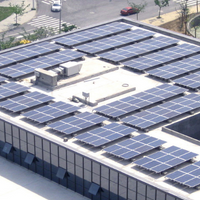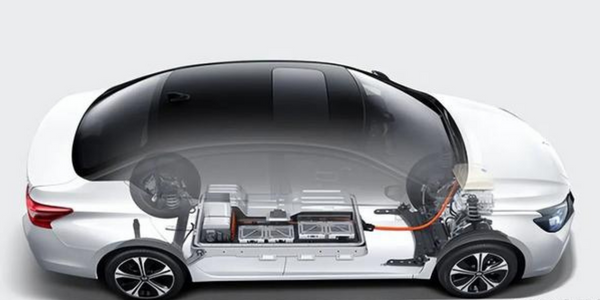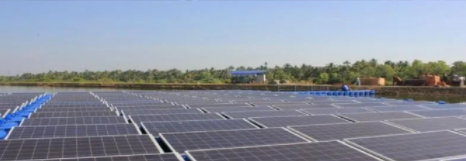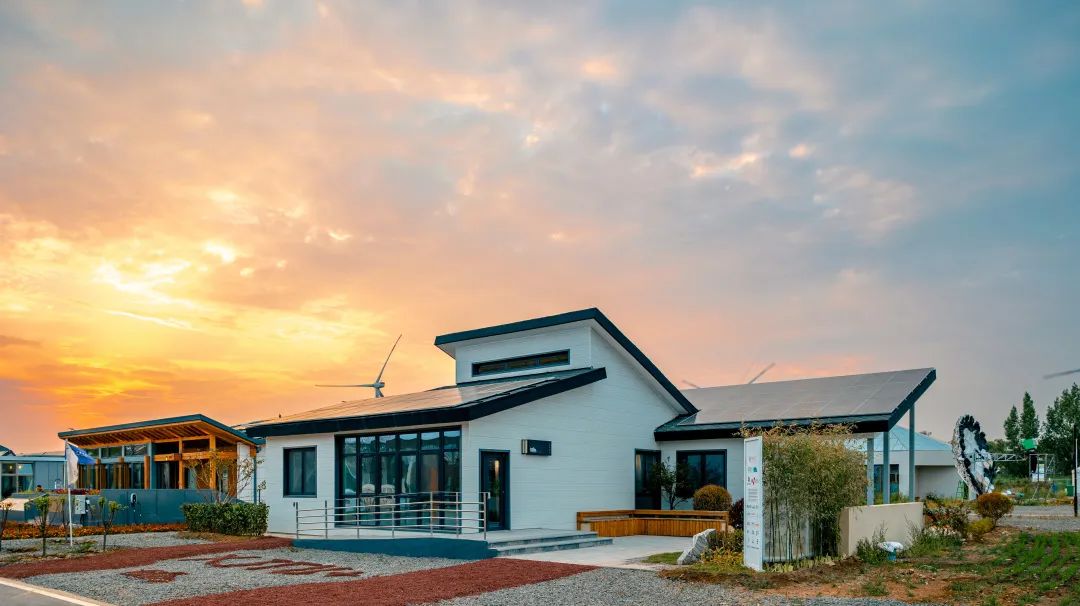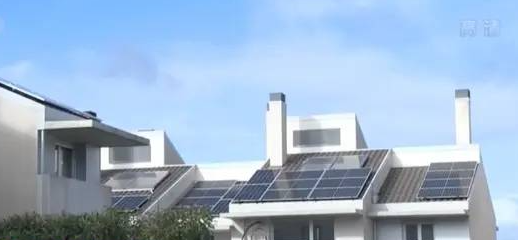2023.Feb
08
The world's first mass-produced solar car company declared bankruptcy!
On January 23, the Netherlands-based solar start-up Lightyear (hereinafter referred to as "Lightyear Car") announced that Atlas Technologies, which was responsible for the production of the first product Lightyear 0 solar car, filed for bankruptcy. Moreover, the request has been approved by the court, and the court officially declared Atlas Technologies bankrupt. This means that the company's first car, Lightyear 0, has died. Lightyear 0 is the world's first mass-produced solar car. Lightyear spent six years developing a car that can be charged by solar energy. Mass production will just begin at the end of 2022. According to media reports, as of the end of production, the total output of this car was only a dozen. It is understood that when Lightyear Motors released this car in June 2022, it can be said to be a surprise, and it conducted a road test in the Navarra region of Spain. The designer of "Light Year 0" once stated that the top of the car is equipped with a 5 square meter solar panel, which can provide a cruising range of about 70 kilometers in sunny weather. If the driving does not exceed 35 kilometers per day, and the weather is good enough, the car can run for 7 months without additional charging. In order to absorb sunlight to the maximum extent, the length of "Light Year 0" reaches 5083mm, width 1972mm, height 1445mm, and its drag coefficient is only 0.19. It is worth mentioning that in addition to solar charging, it can also be charged on charging piles to cope with long-distance driving. It has a built-in battery of more than 60 degrees, and the power consumption per 100 kilometers is only 10.5 degrees, and the battery life can reach 625km under WLTP conditions. According to the Light Year Automobile Plan, "Light Year 0" will start mass production in the fall of 2022, and it will be launched in Europe as early as November. In fact, Lightyear Motors is not the first company to research solar cars. With the rapid development and popularization of photovoltaic technology, many companies have participated in it. For example, the solar car built by the Belgian Agaora solar team broke the world record, and the student team (Agoria Solar Team) of KU Leuven drove the BluePoint Atlas in the 1051 kilometers of continuous driving in 12 hours. This is the ninth solar car built by the Belgian Agora solar team, surpassing the record of 924 kilometers held by the Dutch solar team since 2020. Although at present, solar-powered cars are still some distance away from being able to drive without charging, but it is believed that with the in-depth research and development of technology, solar-powered cars are expected to become one of the mainstream trends in the future.
Read More

